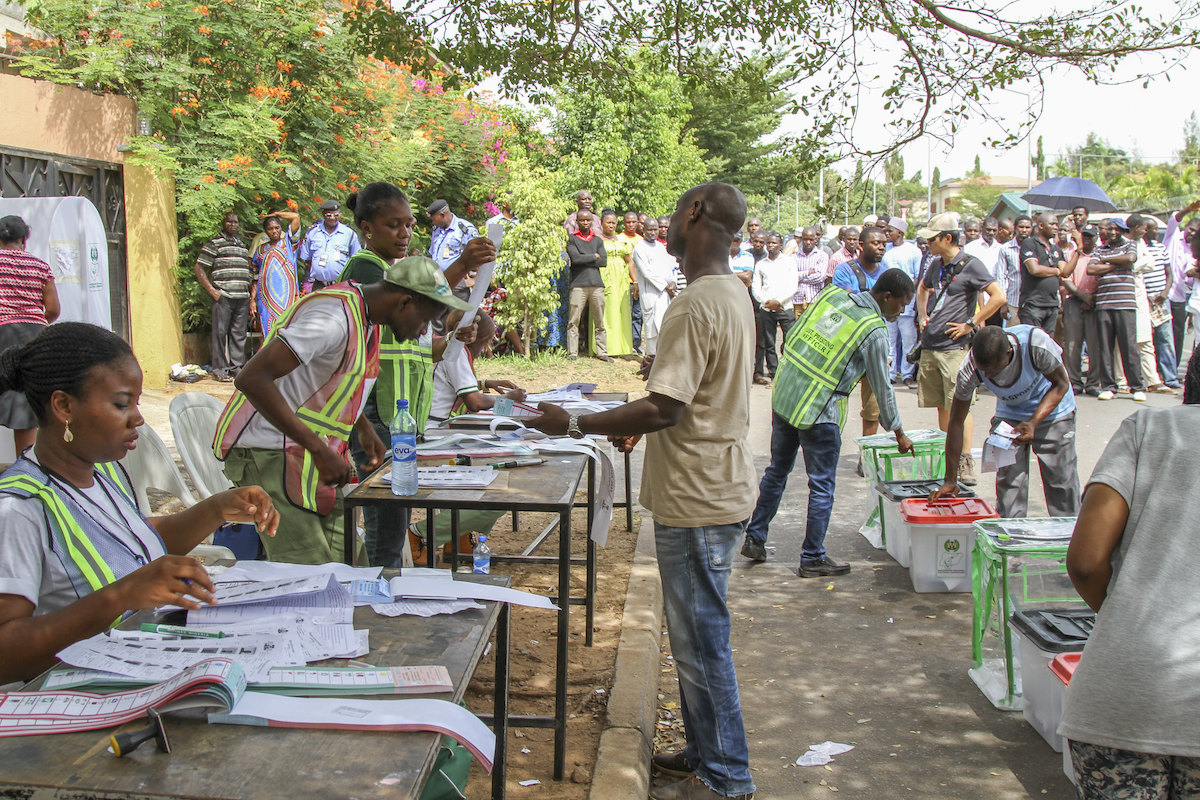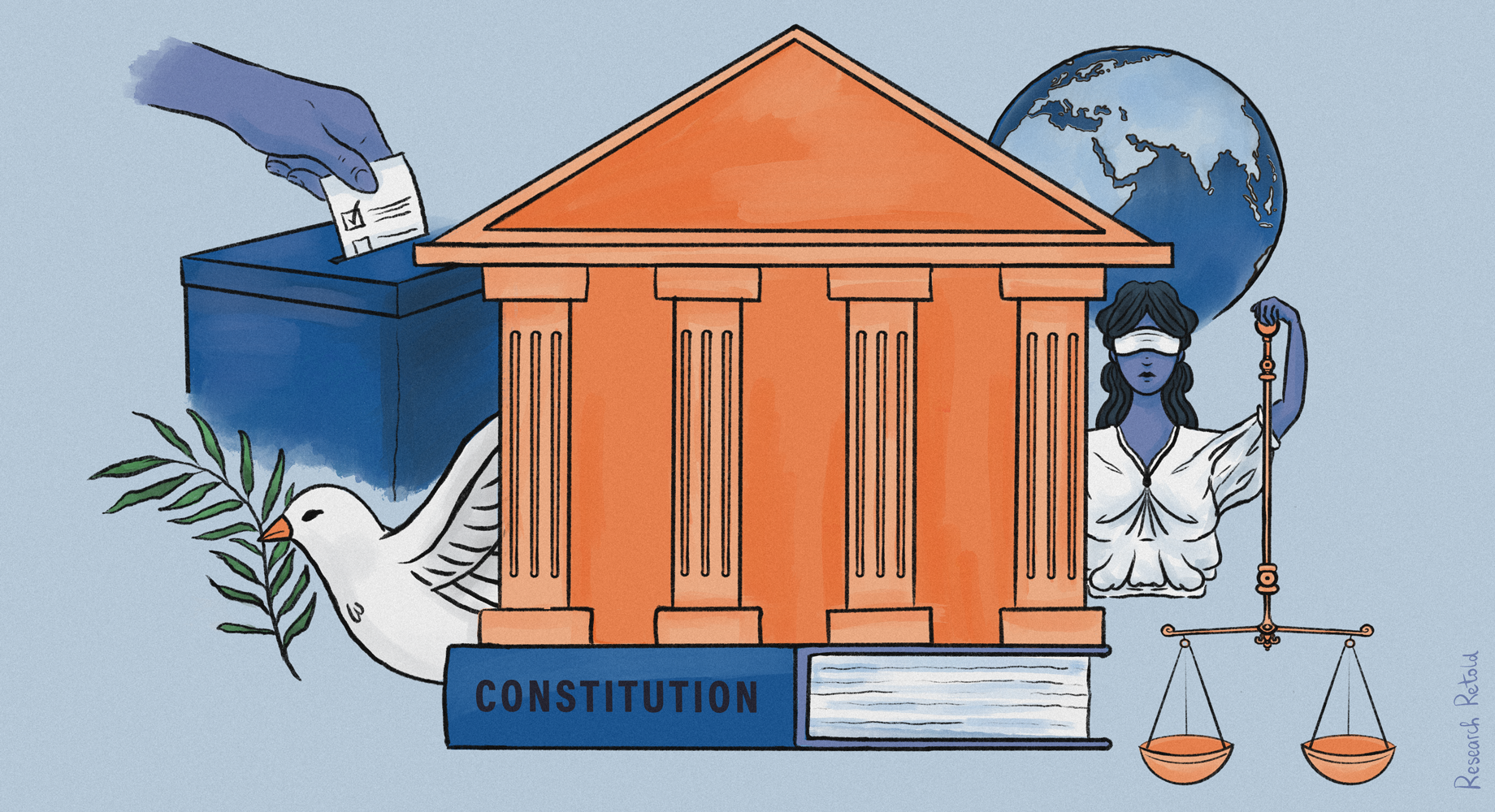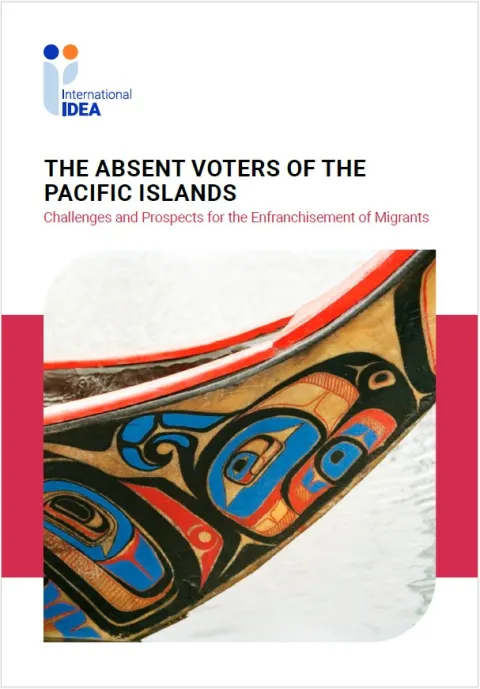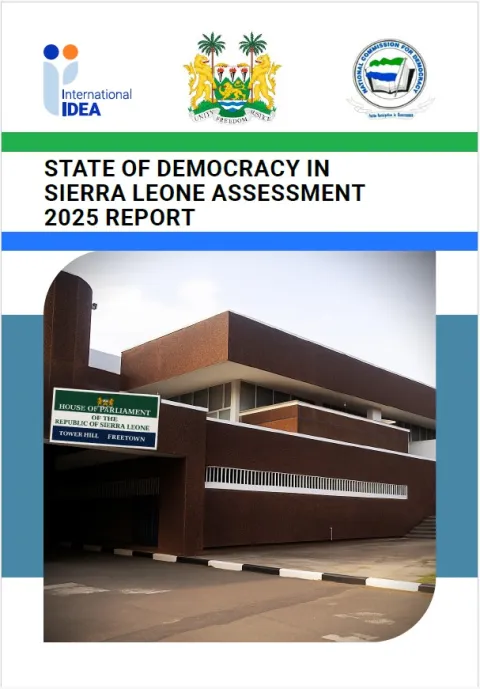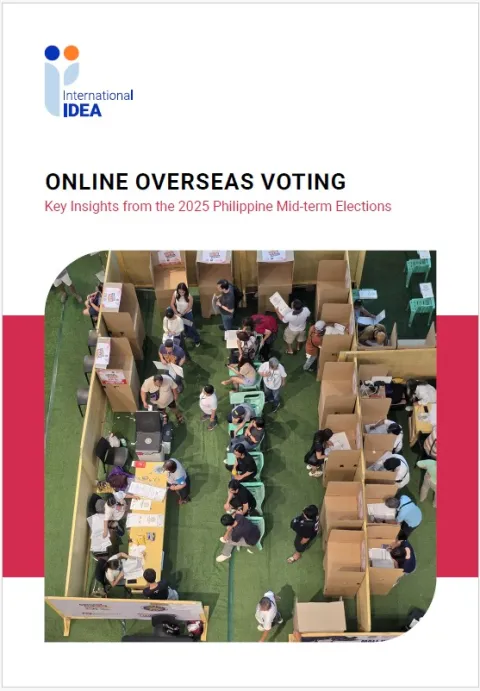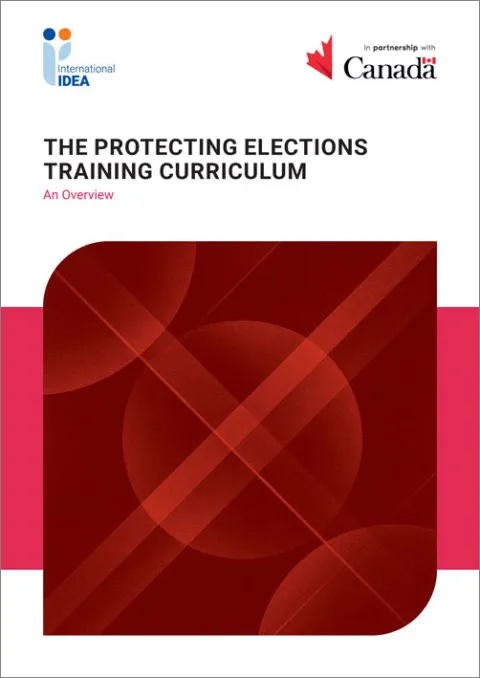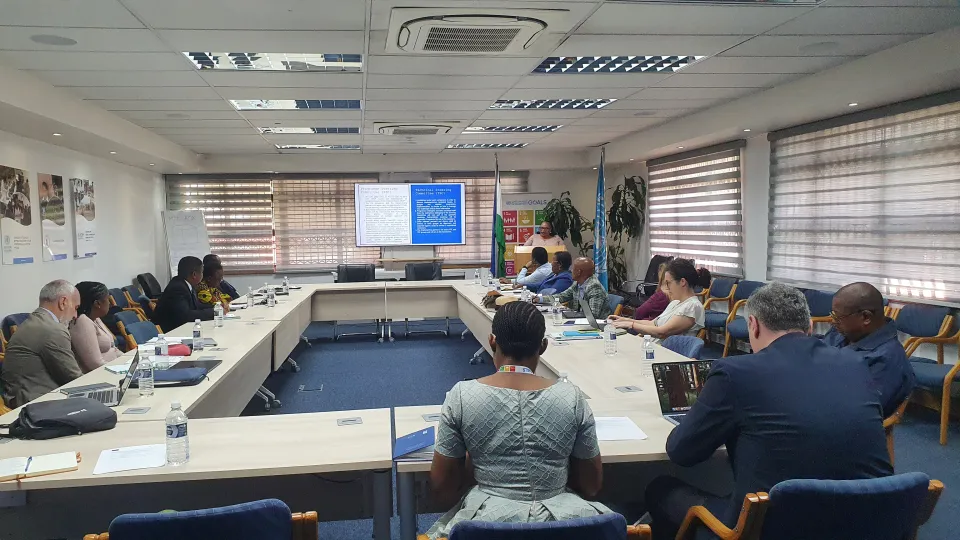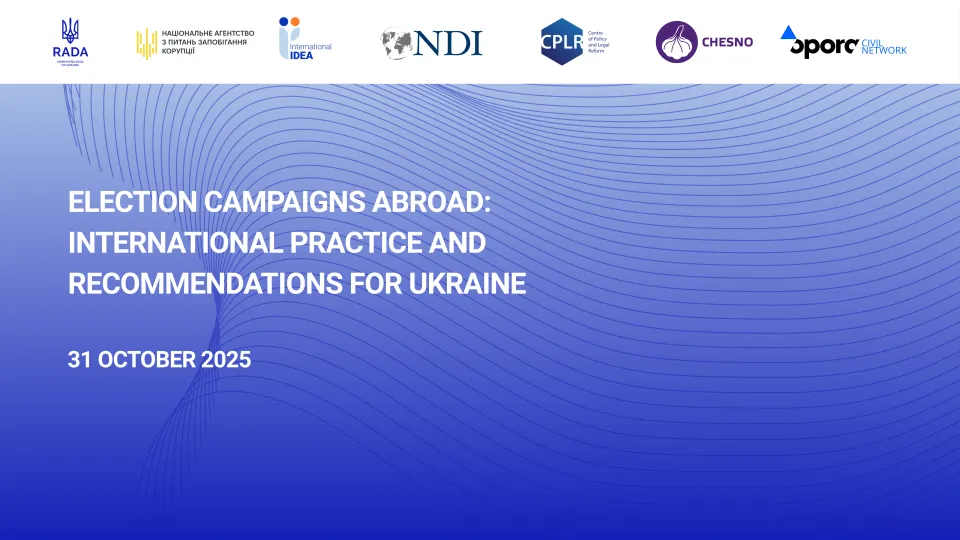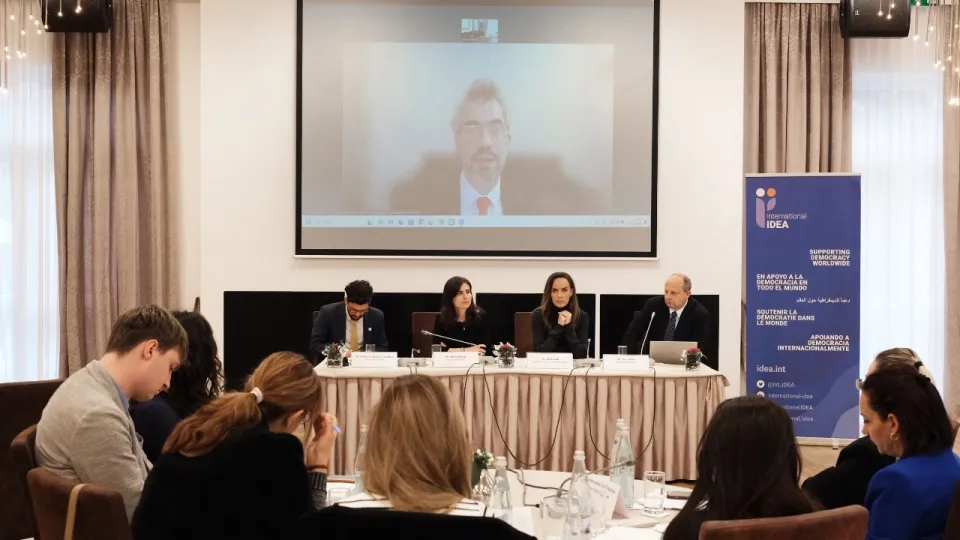Contesting Patriarchy: The gender gap and gender-based violence in Nepali politics and the Constituent Assembly Elections 2013
This study from Nepal identifies gender gaps and barriers which undermine women’s ability to realize their full potential in politics. It looks at both systemic barriers, particularly gender-based violence, and obstacles inherent to the electoral process.
The study finds that a number of legal gaps hinder women’s equal participation in politics, and low gender sensitivity within political parties prevents women from influencing decisions. Women in politics in Nepal are undermined by character assassination and misogyny, and a lack of financial resources further hampers women’s success in politics. The limited availability of female polling and security officers discourages women from participating in elections and politics. Furthermore, psychological gender-based violence is common in Nepali politics, but is not a punishable offence. Finally, the Nepali police have limited capacity to investigate violence against women active in politics.
These findings clearly indicate that the barriers to women’s participation in politics are intractable, multifaceted and multidimensional. Ending the marginalization of and discrimination against women in political life requires concerted efforts from all sectors of society. The study concludes with useful recommendations for realistic and achievable actions on this vital issue.
Details
Contents
Executive summary
Key findings
Key recommendations
Part I Introduction
1. Background
2. Methodology
Part II Findings
3. Legal and policy instruments
4. Gender consequences of the new political context
5. Political barriers: Political will and the rules of the game
6. Support for female politicians
7. Violence against women in politics
8. Election management by Election Commission
9. Electoral security by Nepal Police
10. Electoral justice
11. Emerging Issues
Part III Breaking the barriers and contesting patriarchy
12. Conclusion and recommendations
Bibliography
Give us feedback
Do you have a question or feedback about this publication? Leave us your feedback, and we’ll get back to you
Send feedbackContesting Patriarchy: The gender gap and gender-based violence in Nepali politics and the Constituent Assembly Elections 2013
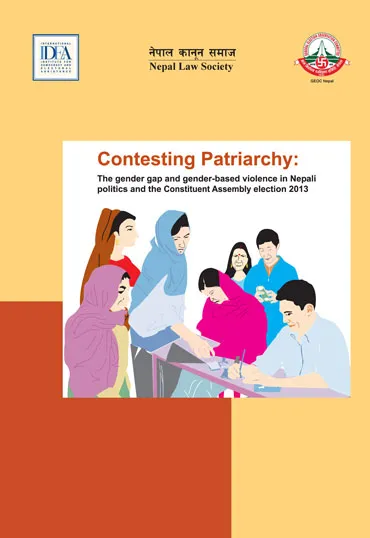
| Total views | 4414 |
|---|---|
| Downloads | 39 |
| Rating |
Give us feedback
Do you have a question or feedback about this publication? Leave us your feedback, and we’ll get back to you
Send feedback